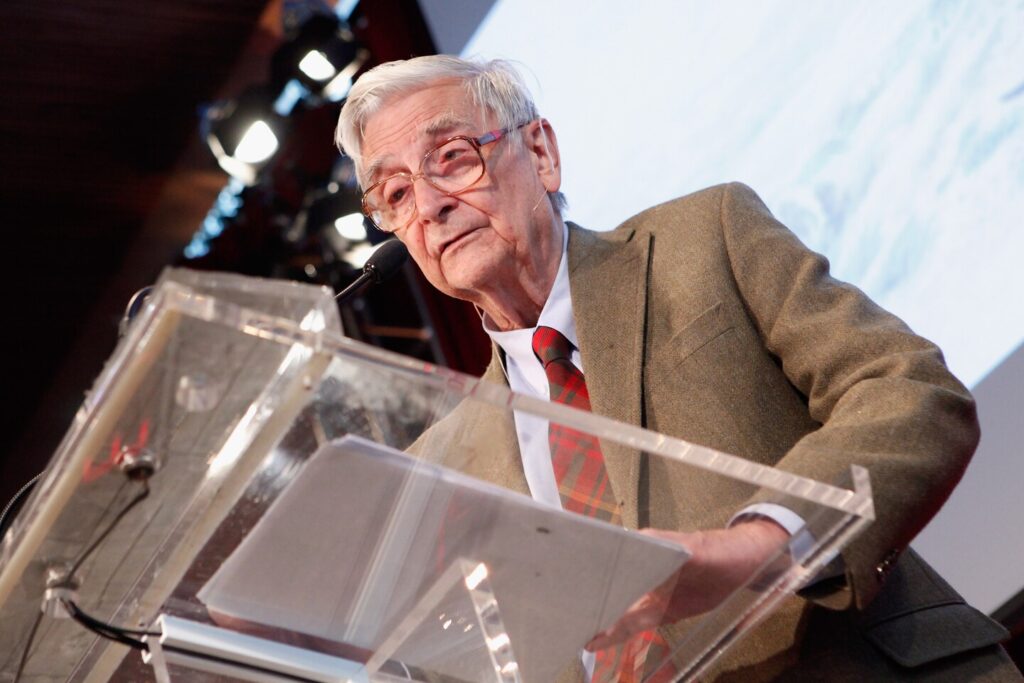Edward Osborne Wilson, a world-renowned naturalist and conservationist, died at the age of 92.
Wilson was a renowned scientist and professor at Harvard and Duke universities, earning the moniker “natural heir” to Charles Darwin. He was an expert on ants and ecosystems, and he advocated stopping the rapid loss of biodiversity around the world. According to the EO Wilson Biodiversity Foundation, he died on Sunday in Burlington, Massachusetts.
Although no cause of death has been provided, the foundation has announced that a memorial to his life will be held in 2022.
EO Wilson, who was born in 1929 in Birmingham, Alabama, says he was always interested in the natural environment. His long-range eyesight was hindered after a fish’s fin sliced his eye during a fishing mishap, so he chose to focus on smaller critters so he could examine them up close. According to the Harvard Gazette, he was credited with locating the first colony of imported ants in the United States when he was 13 years old. He went on to the University of Alabama and Harvard University, where he earned his doctorate and taught for decades.
During his career, he found over 400 species of ant and demonstrated that ants communicate using pheromone excretions. EO Wilson’s research on ants was applied to other creatures, including humans.
Sociobiology: The New Synthesis was one of his most divisive publications, arguing that all human behaviour is predetermined by genetics rather than learned experiences. It was widely panned after its publication in 1975, with some accusing him of racism and misogyny. His Pulitzer Prize-winning book On Human Nature, published in 1978, expanded on this link between biology and human behaviour, as well as other topics such as sex and morality.
Wilson was a staunch conservationist who famously compared destroying a rainforest for profit to burning a Renaissance masterpiece to cook dinner. Wilson was a driving force behind the creation of the Encyclopaedia of Life, a free online database that catalogues all 1.9 million species recognised by science on the planet.











More Stories
SpaceX Achieves Successful Starship Launch in Dramatic Comeback
Scientists ‘Resurrect’ Extinct Dire Wolves Using Gene Editing
‘China’s Hawaii’ Hit by the Strongest Typhoon in a Decade